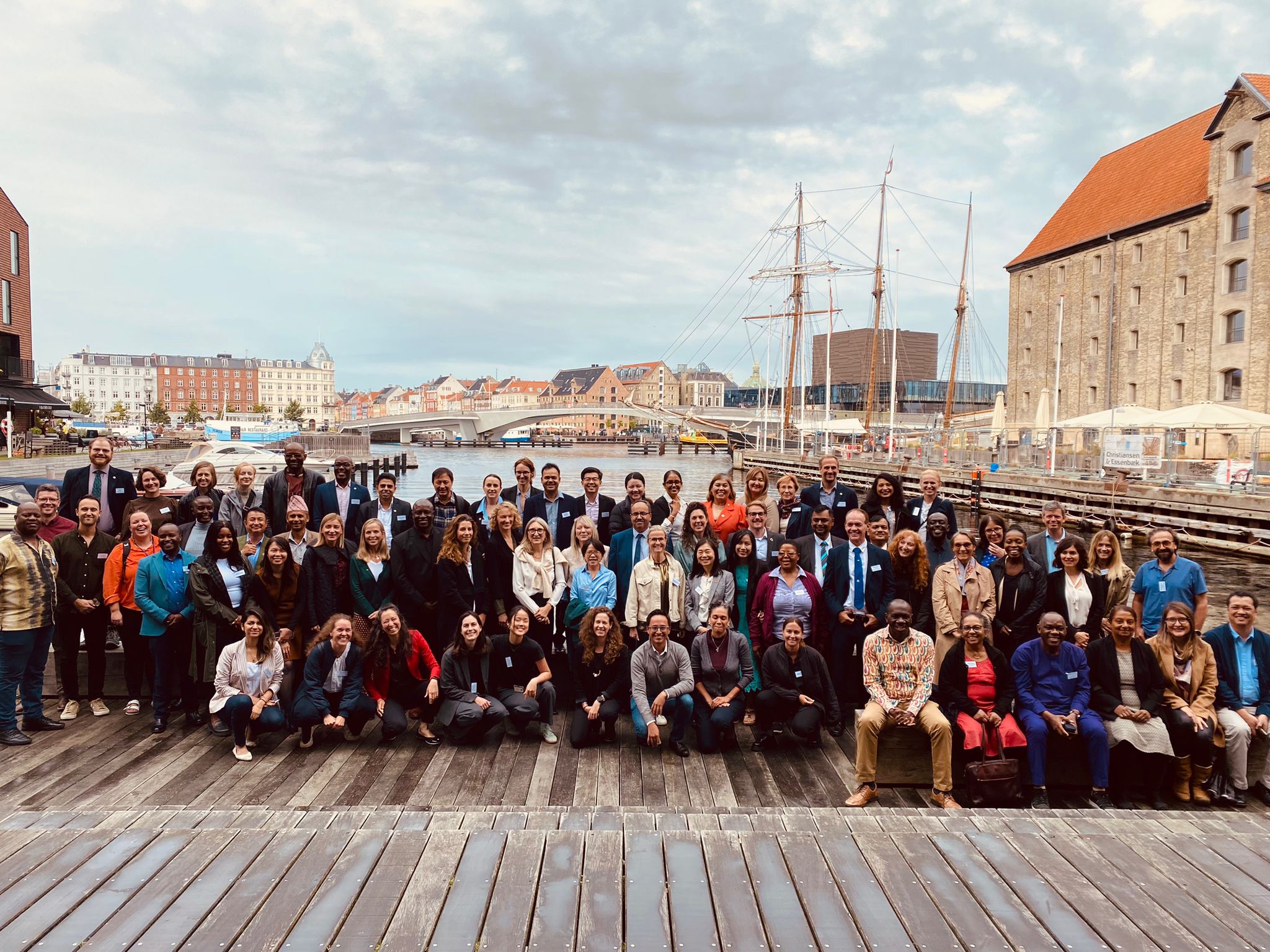Citizen Generated Data
©Jeremy Miller/DFAT
Citizen contributions are increasingly recognised as critical to fill data gaps for marginalized groups, enhancing the extent to which their experiences are reflected in statistics, and can promote inclusiveness, openness, and transparency in statistics and public policy. The Collaborative on Citizen Data was set up in April 2023, at the 4th United Nations World Data Forum (UNWDF) in Hangzhou, China, with support from the UN Secretary General and various member states. Its purpose is to advance the sustainable coordination, production, and use of citizen data, fostering collaboration among civil society, national statistical systems, academia and other relevant stakeholders.
The Collaborative was created after an expert group meeting on ways to harnessing data generated by citizens to make an impact on public policy including the SDG monitoring (organised by the UNSD in 2022) and a request raised by the 54th Session of the United Nations Statistical Commission (UNSC) in 2023 to establish a conceptual framework on citizen contributions to data.


In September 2023, the group met in Copenhagen in a the convention Citizen Contributions to Data: A Conceptual Framework’ to advance the framework. EGRISS joined the conversation, stressing the importance of adopting an inclusive Citizen Generated Data (CGD) definition that encompasses forcibly displaced and stateless individuals.
At the 55th Session of the UNSC in 2024, the Copenhagen Framework on Citizen Data was presented, within item 4.c Data and indicators for the 2030 Agenda for Sustainable Development. The final framework is planned to be submitted in March 2025.
EGRISS is taking part in this process in order to strengthen its focus on refugees, IDPs, and statelessness, based on the experience gathered and learn from peers who have advanced statistical inclusion using CGD.
